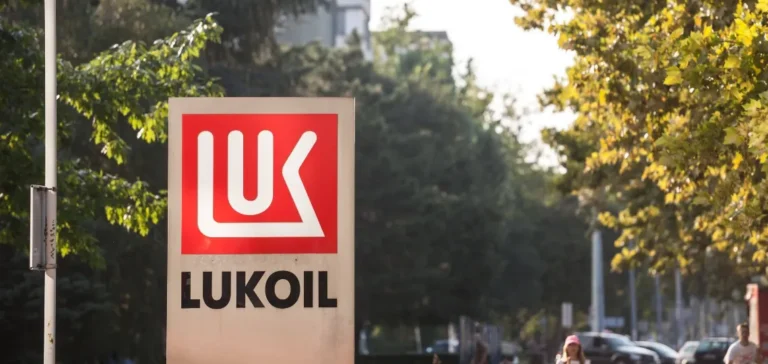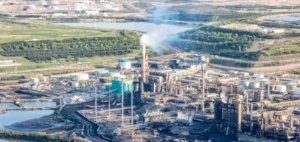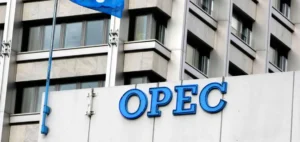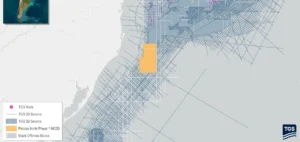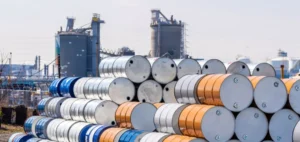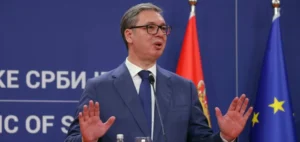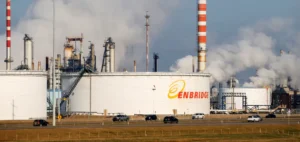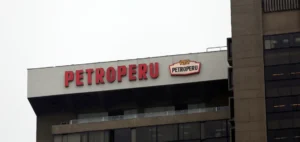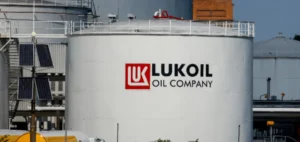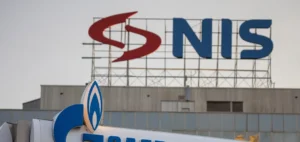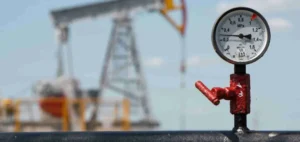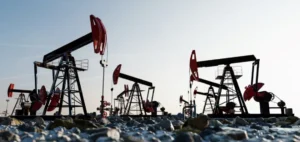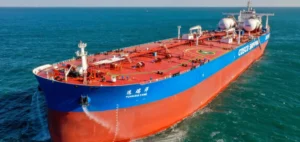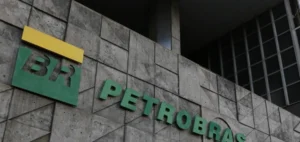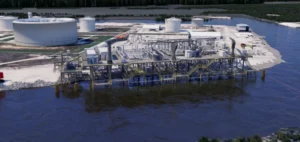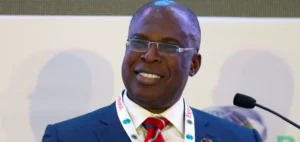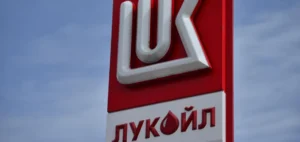Iraqi Prime Minister Mohammed Shia’ al-Sudani received in Baghdad the founder of Russian oil company Lukoil, Vagit Alekperov, to discuss ways to ensure the stability of national oil production. The meeting took place shortly after the United States Department of the Treasury expanded economic sanctions targeting several Russian energy companies, including Lukoil.
Maintaining operations despite US restrictions
Lukoil, the majority shareholder with a 75% stake in the West Qurna-2 oil field in southern Iraq, is a strategic partner of Baghdad. This field is considered the second largest in the world, with approximately 14 billion barrels of recoverable reserves. According to the Prime Minister’s office, Lukoil currently extracts about 480,000 barrels per day from the site.
Discussions between Sudani and Alekperov focused on the necessary measures to avoid any disruption in production, while respecting Iraq’s international commitments to global market stability. The Prime Minister reiterated his country’s intention to maintain a consistent production level that safeguards the interests of both producers and consumers.
Moscow’s stance and Lukoil’s strategic adjustments
The founder of Lukoil met with Iraqi authorities at a time when the company is reviewing its international presence. In early November, Lukoil announced a plan to partially divest its foreign assets in response to pressure from Western economic sanctions. However, according to a source familiar with the matter, the assets held in Iraq, including the stake in West Qurna-2, are not part of this divestment plan.
Meanwhile, Russia’s Ambassador to Iraq, Elbrus Kutrashev, stated that Moscow intends to continue its energy investments in Iraq despite ongoing restrictions. He also confirmed that Rosneft’s projects in the Kurdistan Region will not be affected by the recent US decisions.
Priority on energy continuity in a tense context
Lukoil remains one of the most important foreign investors in Iraq’s oil sector. The Iraqi authorities’ desire to secure production operations reflects the significance of this partnership for the national economy, which relies heavily on crude exports.
The US Department of the Treasury, through the Office of Foreign Assets Control (OFAC), has nonetheless issued specific licences authorising certain Lukoil activities abroad, including in Bulgaria, to avoid an immediate shock to energy supply chains.


